At times, listening to some people talking, we may hear a person say:
“It’s all a question of planning”.
True, much in life depends on the plans we make to achieve our goals.
Strangely enough, this thought came to me as I reflected on the texts of this Feast of the Epiphany.
There are many plans mentioned in today’s gospel reading (Matthew 2:1-12).
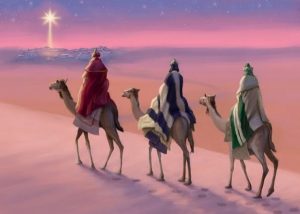
We see three Magi, yes, Wise Men, planning for a long journey.
Their plan, in fact, is to find a new-born king – so they believe.
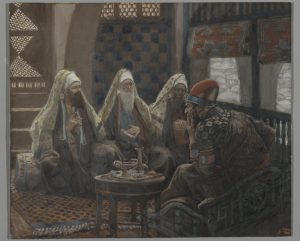 We meet a devious ruler, himself a king, having his own plans about a potential new-born rival.
We meet a devious ruler, himself a king, having his own plans about a potential new-born rival.
Their quest having been rewarded, the three Wise Men make a new plan for the return journey.
But this summary has left out one more plan of the utmost importance: the plan of God!
While everyone speaks in terms of kingship, God speaks another language.
In the gospel text, we are told:
“You, Bethlehem, in the land of Judah,
out of you will come a ruler who will shepherd my people Israel.”
A shepherd, this is the one who has come to us from God – God himself.
This is what God wants to be for us: someone who watches over us, someone who cares.
Long before his birth, the description of this shepherd had been made by the prophet Isaiah (40:11):
“He tends his flock like a shepherd:
he gathers the lambs in his arms and carries them close to his heart;
he gently leads those that have young.”
Perhaps, at the beginning of this new year, this is something we need to learn:
to be shown the way,
to be led and…
to be carried when needs be!
Note: Another reflection is available on a different theme in French at: https://image-i-nations.com/fete-de-lepiphanie-annee-c-2022/


 This description brings to my mind the picture of… a quilt!
This description brings to my mind the picture of… a quilt!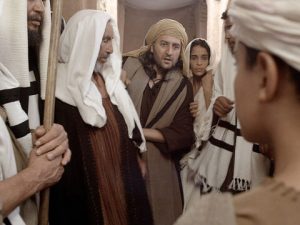
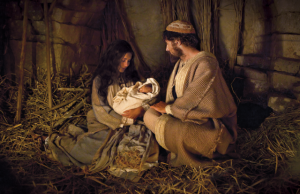
 “Fear not, for behold, I bring you good news of great joy
“Fear not, for behold, I bring you good news of great joy 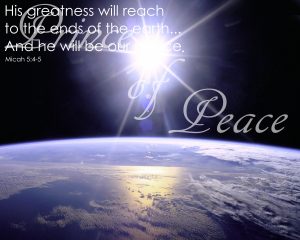 In today’s 1st reading (Micah 5:1-4) the prophet Micah promises, in God’s name, those very precious things.
In today’s 1st reading (Micah 5:1-4) the prophet Micah promises, in God’s name, those very precious things. At this time, many of us start decorating our homes for the festive season.
At this time, many of us start decorating our homes for the festive season.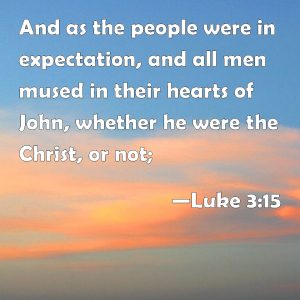 And of them, the text says:
And of them, the text says: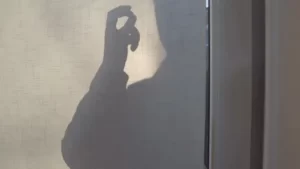
 Contemporary climate change includes both the global warming caused by humans, and its impacts on Earth’s weather patterns. There have been
Contemporary climate change includes both the global warming caused by humans, and its impacts on Earth’s weather patterns. There have been  We see it: in such a situation, what is needed is to set some priorities.
We see it: in such a situation, what is needed is to set some priorities.

 pandemic and encourage progress in HIV/AIDS prevention, treatment and care around the world. It has become one of the most widely recognized international health days and a key opportunity to raise awareness, commemorate those who have died, and celebrate victories such as increased access to treatment and prevention services.
pandemic and encourage progress in HIV/AIDS prevention, treatment and care around the world. It has become one of the most widely recognized international health days and a key opportunity to raise awareness, commemorate those who have died, and celebrate victories such as increased access to treatment and prevention services.